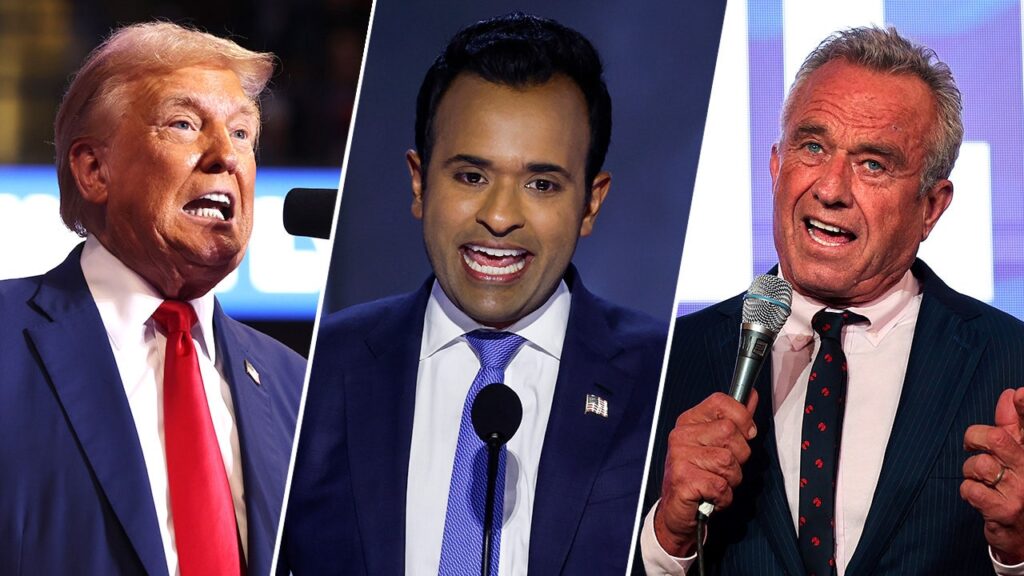Larry Summers, who served as treasury secretary in former President Bill Clinton’s administration, on Monday said it was President Donald Trump who caved in the U.S.-China trade war, while assessing how the new agreement informed his prediction on the probability of the U.S. entering a recession.
The U.S. announced it reached an agreement with Beijing to reduce tariffs for now in an effort to deescalate the tension between the world’s two biggest economies.
In an interview with CNN’s “The Arena,” Summers said “it’s very clear” that Trump was the one to blink here.
“We had said that we were determined to impose these policies for an indefinite period,” Summers said. “China didn’t make any consequential or significant change in its policies.”
As part of the deal, the U.S. will slash the additional import taxes it levied on Chinese imports last month to 30% from 145%. In exchange, China said it will reduce tariffs on U.S. imports to 10% from 125% for the next 90 days.
Summers credited Treasury Secretary Scott Bessent, who led the delegation representing the U.S. in the Geneva talks with China, for reaching an agreement with Beijing under the circumstances.
“Look, sometimes it’s good to blink when you make a mistake, it’s usually best to correct it and retreat, even if it’s a little bit embarrassing,” he said.
The economist, though, conceded that while he was heartened to see the administration “less committed to disastrous policies” than he originally feared, the U.S. has not fully averted the possibility of entering a recession. Summers now assessed the odds of a U.S. economic downturn to “close to 50-50 … but perhaps a little bit on the south side of 50-50.”
Monday’s deal was welcomed by the markets, prompting the U.S. dollar to jump.
In a White House press conference, Trump told reporters he expects to possibly speak to Chinese President Xi Jinping by the end of the week.
“They were very happy to be able to do something with us,” he said. “The relationship is very, very good.”
For his part, Xi seemed to make a subtle reference to the U.S. in his first remarks since the trade war pause.
“There are no winners in tariff wars or trade wars,” he said, according to CNN. “Bullying or hegemonism only leads to self-isolation.”


